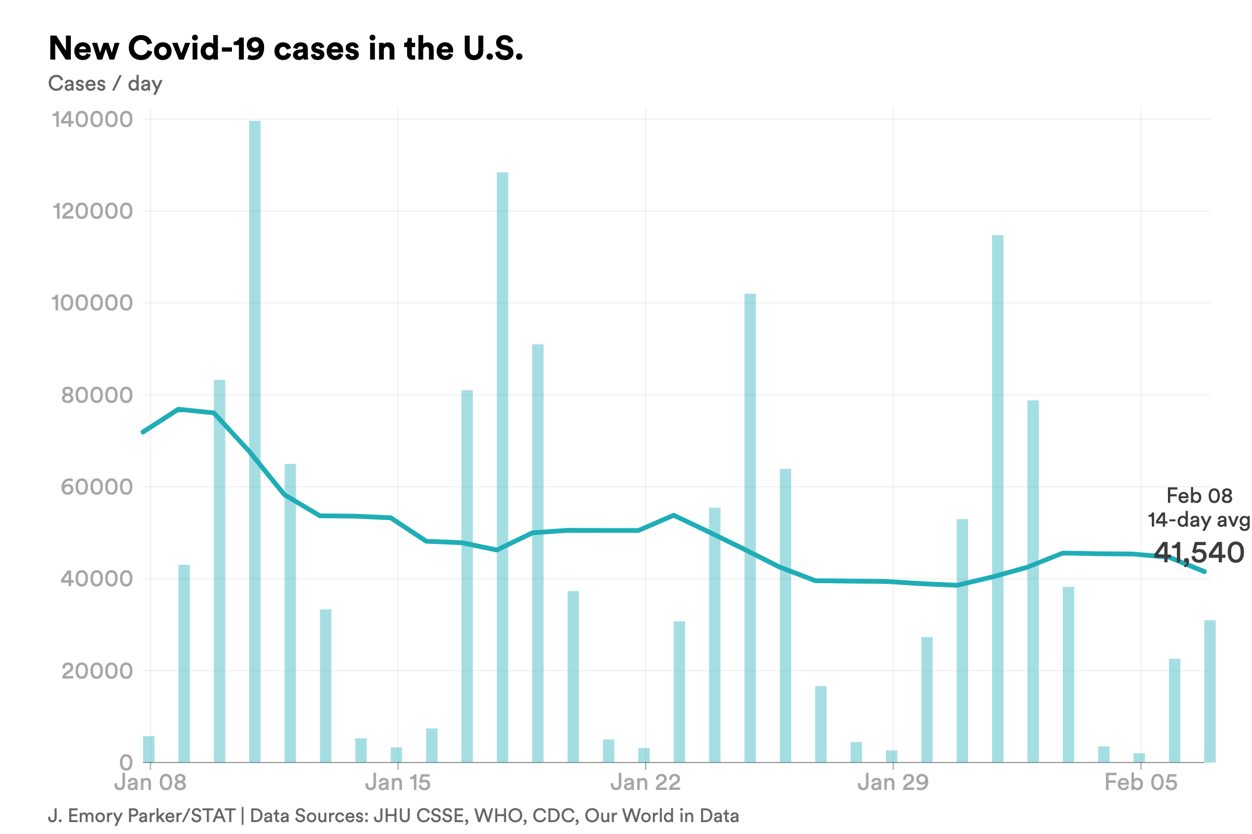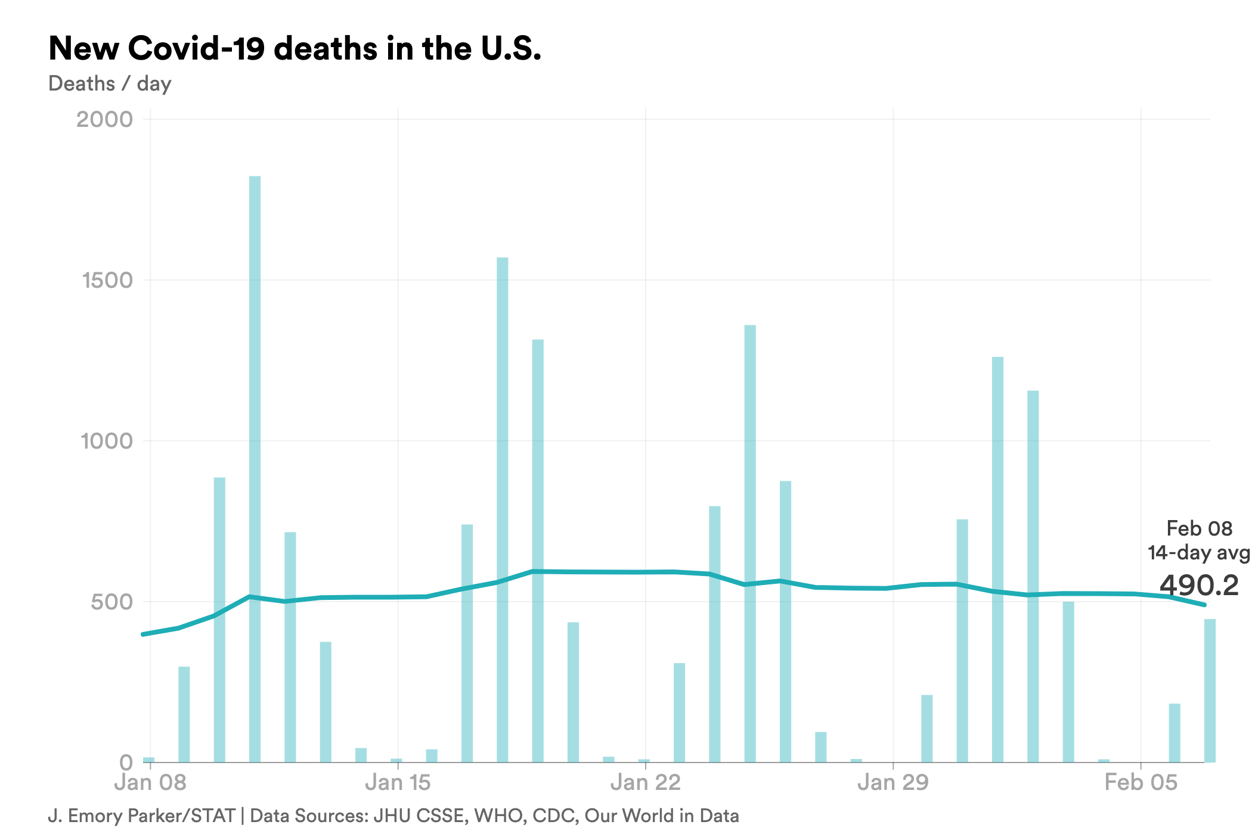Closer Look
How the CPAP crisis is playing out

Adobe
Remember the recalls of sleep apnea machines? Since June 2021, widespread reports of problems with the Philips respiratory CPAP and BiPAP machines have been a nightmare for patients and for the device maker. Patients have waited months for replacements after the soundproofing foam in the machines degraded and sickened patients. Some people turned to ResMed, a rival maker of the devices.
Sales went up, but so did pressure already heightened by the pandemic and the supply chain crisis, especially shortages of chips needed for cloud-connected devices. "You might say, that's great, your competition's not there," ResMed CEO Mick Farrell told STAT's Lizzy Lawrence. "It's actually not great because it's a humanitarian crisis and we've had to reengineer and revamp our manufacturing." Read more on other rivals and other alternatives.
medicine
Disparities persist among residents leaving surgical specialties
Last year an investigation by STAT's Usha Lee McFarling found that Black residents either leave or are terminated from training programs at far higher rates than white residents. She's also reported that orthopedic surgery remains "the whitest specialty." Despite efforts to improve diversity in the OR, surgery has long been known for disparities in sex, race, and ethnicity. Usha flagged a new study in JAMA Surgery that looked at 18 subspecialties in the field and found the attrition rate for women and for people from underrepresented groups was disproportionately higher than for male or white residents, with the widest gap for Black residents.
There were differences by specialty, too. Orthopedics had the highest rate of unintended attrition, a subset of attrition that does not include switching to another specialty. The authors note that as the percentage of women or people from underrepresented groups went up in a subspecialty, the attrition rate went down.
Coronavirus
No new Covid-19 variants have emerged in China, analysis says
The study's authors emphasize their work is just a snapshot, but it's reassuring all the same. Writing in the Lancet yesterday, researchers reported that their genomic analysis of new Covid-19 infections in Beijing following the abrupt end to the country's "zero Covid" policy turned up no new variants in the surge of cases. While the strict controls were in place, there was no persistent transmission of the virus, but cases were imported frequently enough over the past three years to serve as a comparison.
Based on a sample of 413 cases detected from mid-November to mid-December, the researchers conclude the latest surge came from two pre-existing Omicron subvariants, BA.5.2 and BF.7, rather than novel SARS-CoV-2 variants. And they note that because Beijing was among the hardest-hit cities after the policy change, its cases likely reflect the rest of China. Still, they think monitoring should continue.
by the numbers


No comments